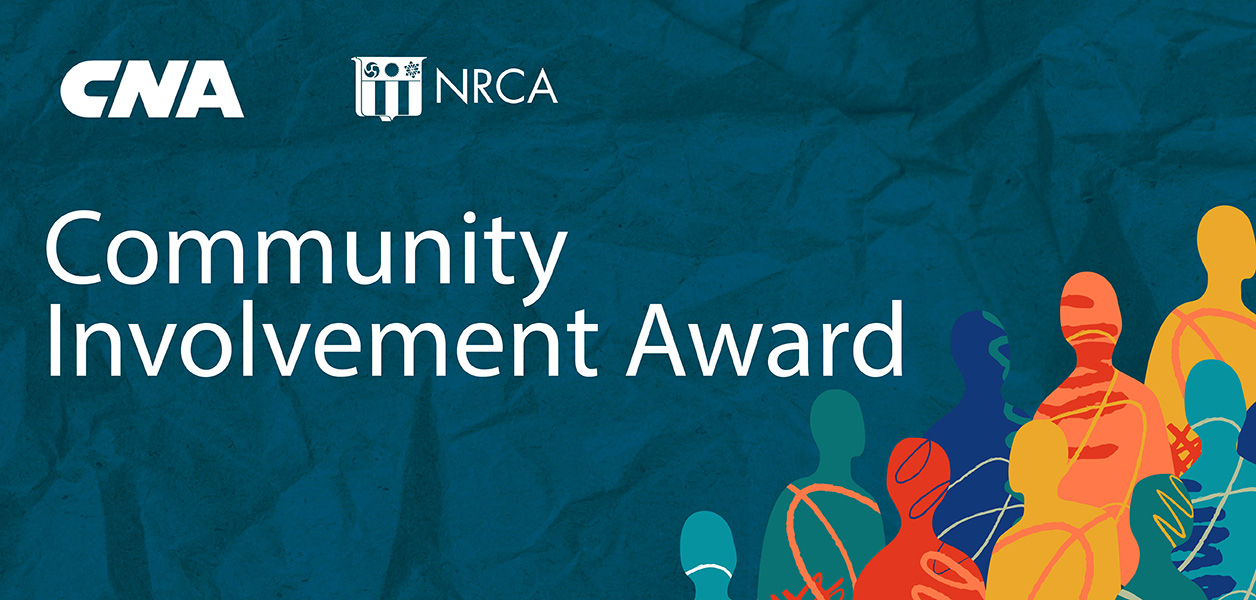Many people often do not ask for help even when they have an overwhelming workload. But we often cannot do everything ourselves or succeed if we do not ask for the necessary support.
Rebecca Zucker, executive coach and a founding partner at Next Step Partners, recently conducted a global study regarding overwhelm at work that surveyed 730 full-time working professionals. The study found a lack of help-seeking was one of the top two predictors of feeling overwhelmed at work, with the second highest correlation to overwhelm. Zucker says some reasons people do not ask for help are fear they will appear weak or incompetent; they will be imposing on others or seem needy; others will lose confidence in them; and belief they need to do everything themselves because they cannot count on anyone.
Harvard Business Review shares Zucker's following strategies to shift your perspective regarding asking for help.
- Identify what is holding you back. Often these limiting beliefs are not completely conscious, so you may have a vague idea that you are resisting asking for help but are not able to clearly communicate the source. Ask yourself: “What am I afraid will happen if I ask for help?” Once you have answered this question, ask: “And what would be the dire consequence of that?”
- Reflect on the source of your limiting beliefs. Think about how your reluctance to ask for help initially developed. Perhaps there was an instance in the past when you asked for help and it did not go well. Seeing the source of your limiting belief can help you look at it more objectively.
- Try small experiments. Make small behavior changes and observe the effects. Ask someone to brainstorm with you or share feedback regarding a project. You also could observe how you view others who ask you for help.
- Share with others. Let others know you are working to get better at asking for help. This can help you gain their support and make it easier for you to ask for help when the time comes. It also can make them more receptive to your requests, providing positive reinforcement.
- Create opportunities for practice and accountability. Set specific goals for yourself that provide opportunities to practice. For example, you could create a goal regarding how many requests for help you will make daily or weekly. You then could report back to a friend or colleague to hold yourself accountable.
- Step back and reflect regularly. Find time to ask yourself questions such as: Where was I able to ask for help? What made it easier to do this? Where did I not ask for help when I really could have used it? What held me back?





